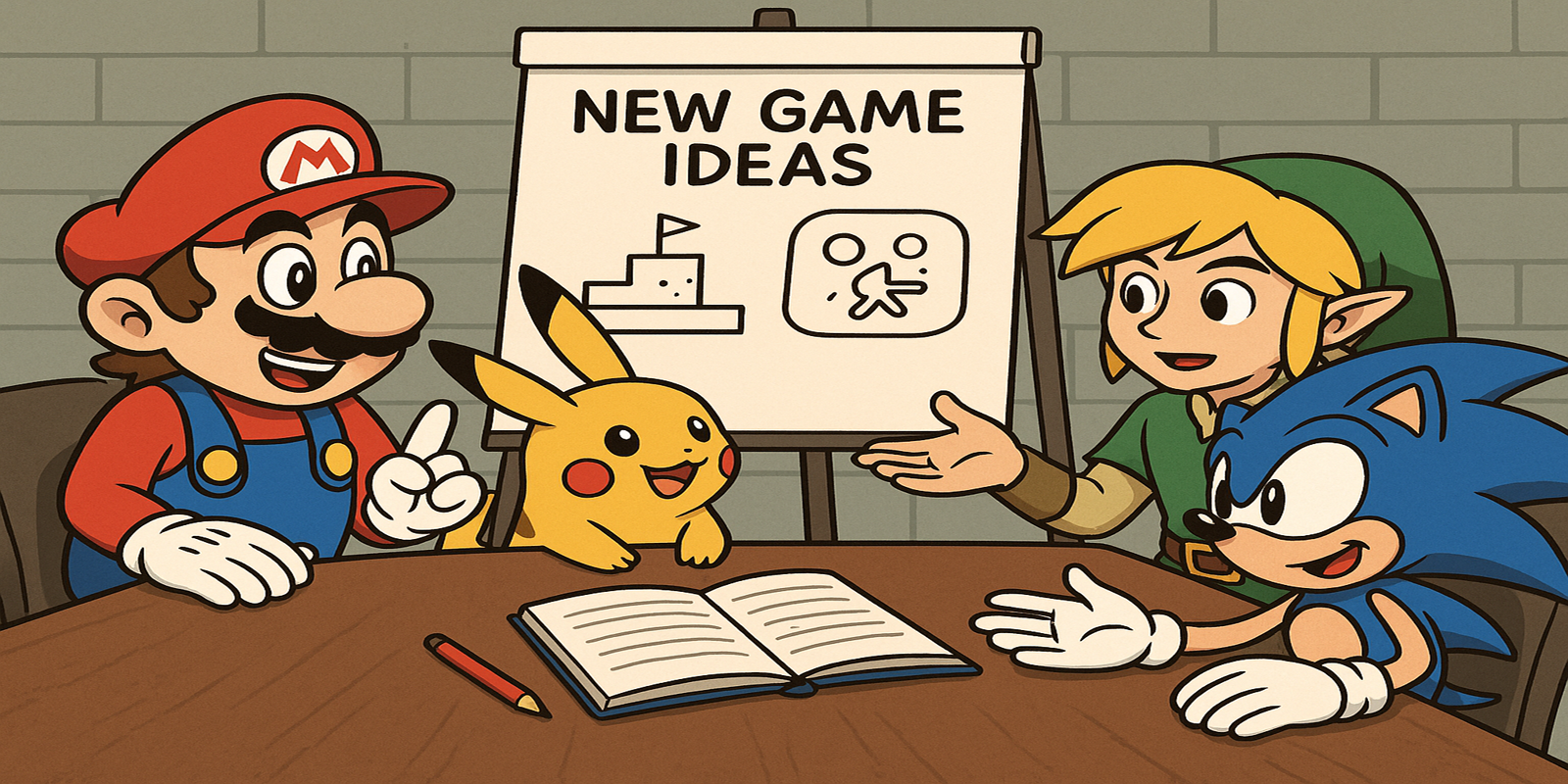In today’s gaming landscape, it’s hard to ignore the constant tug-of-war between what players want and what developers (and publishers) deliver. From microtransactions and live-service models to unfinished releases and controversial design choices, many gamers are asking the same question: Are developers truly listening to us, or are profits the only priority?
The Players’ Voice is Louder Than Ever
With social media platforms, Reddit threads, and instant review feedback on Steam and Metacritic, gamers have never been more vocal. A single misstep—whether it’s overpriced DLC or a buggy launch—can quickly spiral into community backlash. Recent titles like Cyberpunk 2077 and Overwatch 2 show how the power of gamer feedback can’t be ignored. When players push back, the industry feels it.
The Rise of Corporate-Driven Decisions
But here’s the reality: gaming is a business. Major studios are under immense pressure from investors, publishers, and shareholders to generate revenue. That’s why we see aggressive monetization strategies like loot boxes, battle passes, and $70+ launch prices becoming the norm. It’s not that developers don’t want to make games for players—it’s that financial survival in the AAA market often overshadows creative freedom.
Indie Developers: The Counterbalance
Interestingly, indie developers are filling the gap where big studios falter. Games like Hades, Stardew Valley, and Baldur’s Gate 3 (though not strictly indie, it embodies that spirit) succeed because they’re designed with player experience first. These titles prove that when developers listen and innovate, gamers reward them with loyalty and word-of-mouth marketing.
Gamers Are Willing to Pay—If It’s Worth It
The irony? Players aren’t against spending money. Cosmetics, expansions, and even premium editions sell like crazy when the value feels fair. What gamers reject is being treated like walking wallets instead of a community to be engaged, respected, and inspired.
Where Do We Go From Here?
The future of gaming hinges on balance. Developers who find a way to blend financial sustainability with genuine player-first design will thrive. The studios that ignore feedback, chase trends, or rush unfinished projects will continue to face backlash.
In 2025 and beyond, one thing is clear: the voice of the gamer is not optional—it’s essential. And studios that remember this will be the ones remembered for more than just profit margins.
💬 What do you think? Do developers really listen to the community, or are they just chasing the next quarterly earnings? Drop your thoughts below—we’re all part of shaping the future of gaming.



